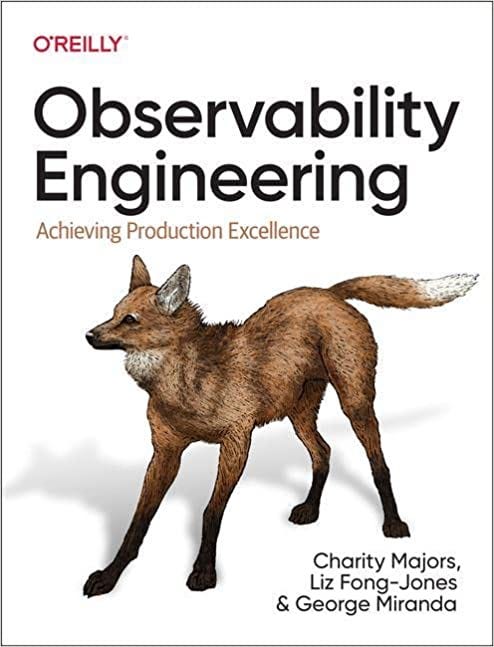Polymath Engineer Weekly #33
Where will your curiosity lead you today?
Links of the week
“I just sit in my office and read all day.” - Warren Buffett
Every once in a while, I come across this quote. Usually by someone painting an idealized picture of an investor ingesting information all day in a library-like office. Just like the oracle does. I hate to say it: it grinds my gears.
Don’t get me wrong: I love to read. But what ticks me off is when a specific behavior gets taken out of context and fetishized.
Common Anti-Patterns in Go Web Applications
“Let’s face it: most web applications don’t solve tough technical challenges. They should correctly model the product and allow improving it faster than the competition.
It seems boring at first, but then you realize supporting this goal is harder than it sounds. There’s an entirely different set of challenges. Even if they’re not as complex in the technical sense, solving them has a massive impact on the product and is deeply satisfying.“
Reverse Engineering TikTok's VM Obfuscation (Part 2)
“One day, I stumbled across an interesting blog post penned by someone called Veritas, where they laid out the first steps towards reverse-engineering the code that is deployed on TikTok's website. This post picks up where they left off.“
Every Google vs OpenAI Argument, Dissected
“we use Google for much more than just “answer a question” and perhaps do followup clarifications. Sometimes, we really do want a link instead of an answer, which may expose us to information that answers questions we didn’t know we had, or may give us a resource that we were searching for. We’re wildly extrapolating from admittedly a very successful tech demo, and haven’t actually solved the form factor of “AI search” that billions of people can use on a daily basis.“
web2 has a bad emperor problem
“Most of today’s internet is made up of centralized platforms ruled by emperors. Many of them have been pretty good emperors, doing their best to manage platforms well, allowing ordinary people to get on with their lives.“
“If you want to be read in the future, make sure you would have been read in the past. We have no idea of what’s in the future, but we have some knowledge of what was in the past. So I make sure I would have been read both in the past and in the present time, that is by both the comtemporaries and the dead. So I speculated that books that would have been relevant twenty years in the past (conditional of course of being relevant today) would be interesting twenty years in the future.“
Book of the Week
Observability Engineering: Achieving Production Excellence
Do you have any more links our community should read? Feel free to post them on the comments.
Have a nice week. 😉
Have you read last week's post? Check the archive.



